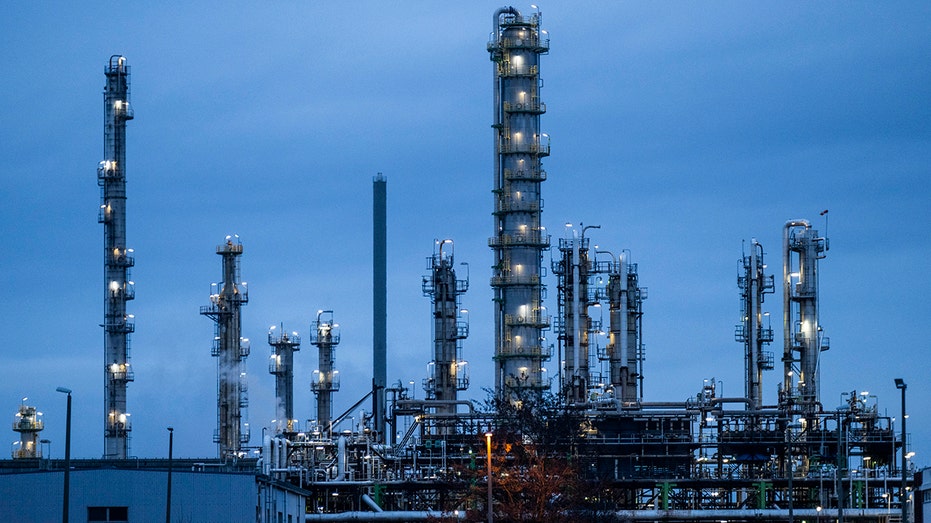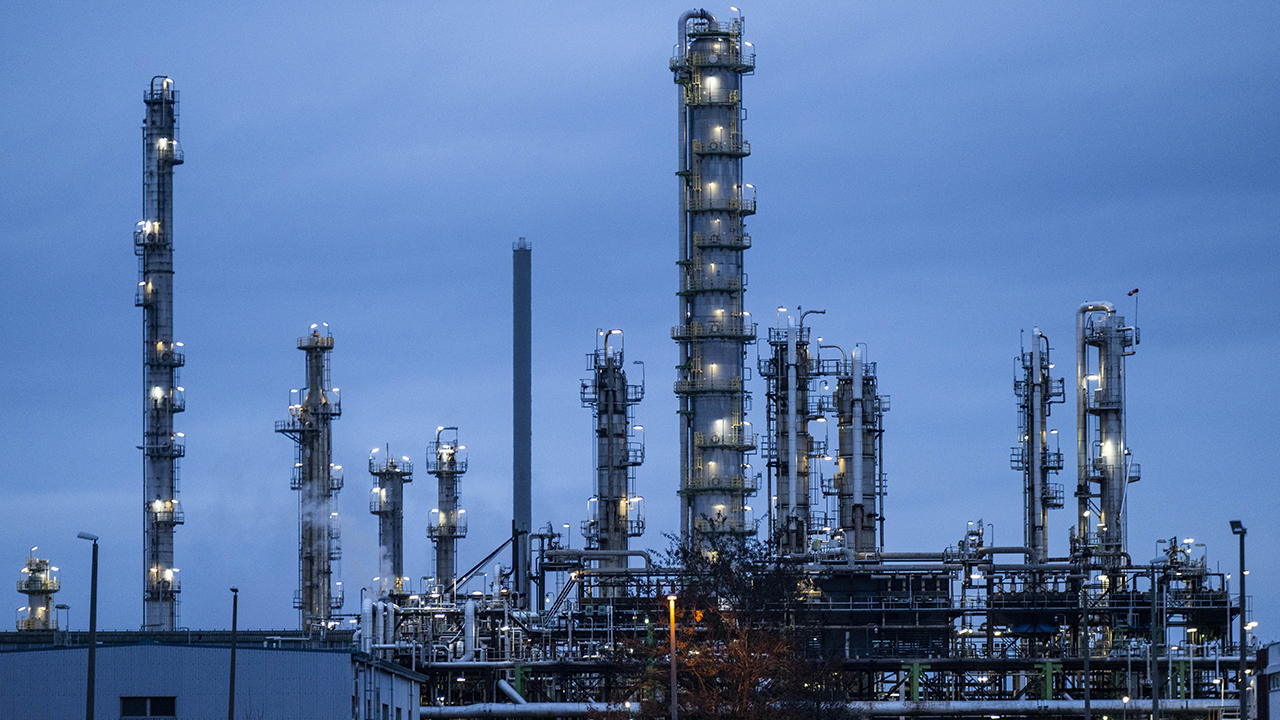Oil prices surge after surprise OPEC+ cut, adding to inflation woes
OPEC+ announced surprise oil cuts, creating fresh inflation headache for the Fed
Crude oil got caught up as a risky asset: Adam Kobeissi
The Kobeissi Letter editor-in-chief Adam Kobeissi gives his take on how the stock market still respond to the Federal Reserve's hikes on 'Making Money.'
Oil prices spiked Monday after OPEC+ unexpectedly announced that it would slash its crude output.
West Texas Intermediate crude, the U.S. benchmark, surged more than 6% to about $80.23 a barrel in early morning trading, while Brent crude – the international benchmark – jumped 5.35% to about $83.34 a barrel. It marked the steepest increase in oil prices in nearly a year.
The coalition of oil-producing countries led by Russia and Saudi Arabia, known collectively as OPEC+, pledged on Sunday to cut production by 1.15 million barrels per day. The move shocked traders because OPEC+ delegates signaled in recent weeks they intended to stick with the existing output policy, even after the banking crisis sent prices plummeting.
US SURPASSES RUSSIA AS EUROPE’S TOP SUPPLIER OF CRUDE OIL

The facilities of the oil refinery on the industrial site of PCK-Raffinerie GmbH are illuminated in the evening. ((Photo by Christophe Gateau/picture alliance via Getty Images) / Getty Images)
The voluntary and "precautionary" cuts that are intended to support the "stability of the oil market" will begin in May and continue through the end of 2023, Saudi Arabia said in a statement.
The reductions are in addition to the 2 million barrel-production cut announced by OPEC+ in October.
Goldman Sachs lifted its forecast for oil prices following the cuts, projecting in an analyst note that Brent could hit $95 a barrel by December 2023 and $100 a barrel by December 2024.
"Today's surprise (production) cut is consistent with the new OPEC+ doctrine to act preemptively because they can without significant losses in market share," the Goldman analysts said.
GET USED TO 'NEW ERA OF HIGH ENERGY PRICES,' EXPERT SAYS

The San Francisco-Oakland Bay Bridge rises behind the price board of a gas station in San Francisco on July 20, 2022. ((AP Photo/Jeff Chiu, File) / AP Newsroom)
More expensive oil threatens to exacerbate stubborn inflation that is still running about three times higher than the pre-pandemic average. Gas prices, which hit a record high of $5.01 in June, were a major contributor to the inflation spike last year.
It could also complicate the Federal Reserve's efforts to tame price pressures within the economy without triggering a recession.
Policymakers have already approved nine straight interest rate hikes and opened the door to a 10th increase at their next meeting on May 2-3.
Investors see about an even chance that the Fed pauses rate increases in May, or that it approves another quarter-percentage point hike, according to the CME Group's FedWatch tool, which tracks trading.
GET FOX BUSINESS ON THE GO BY CLICKING HERE
The White House condemned the move in a statement on Sunday.
"We don’t think cuts are advisable at this moment given market uncertainty – and we’ve made that clear," a spokesperson for the National Security Council said. "We’re focused on prices for American consumers, not barrels."





















